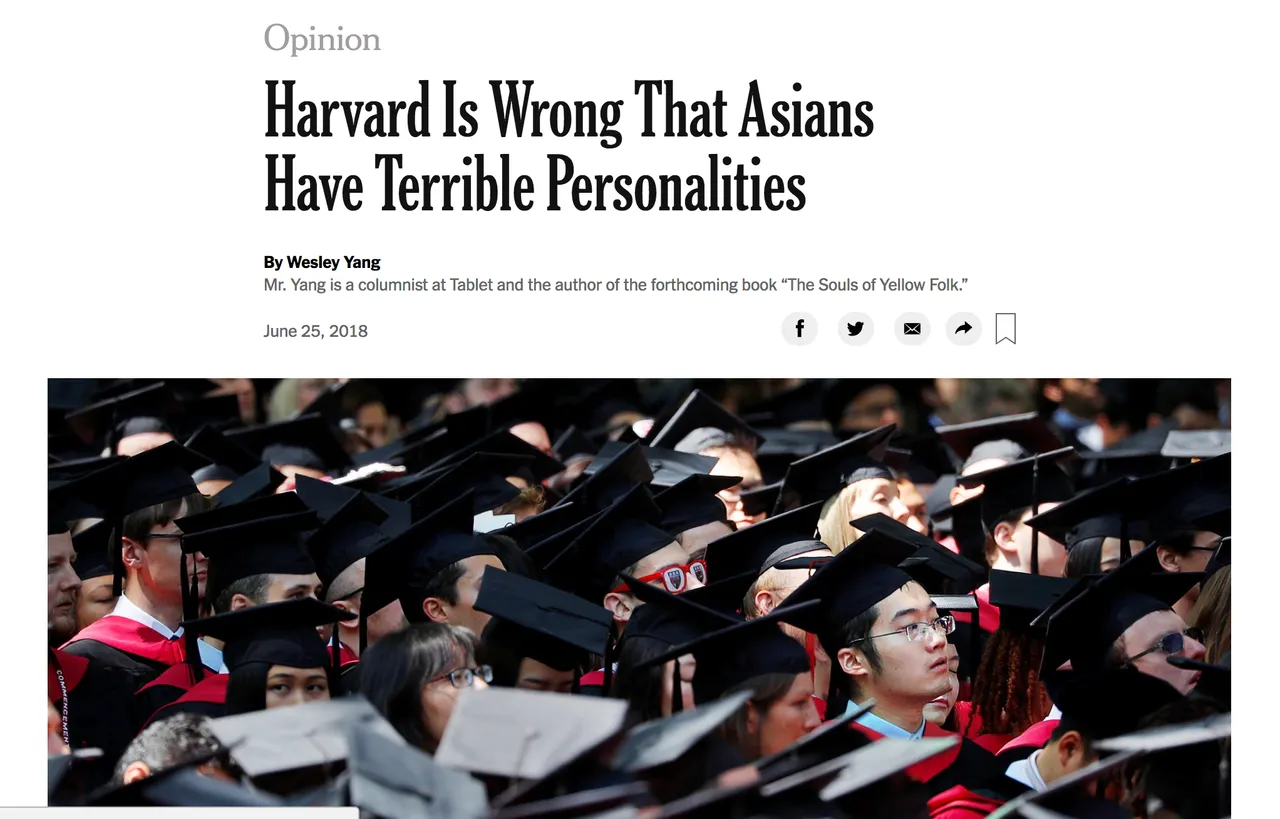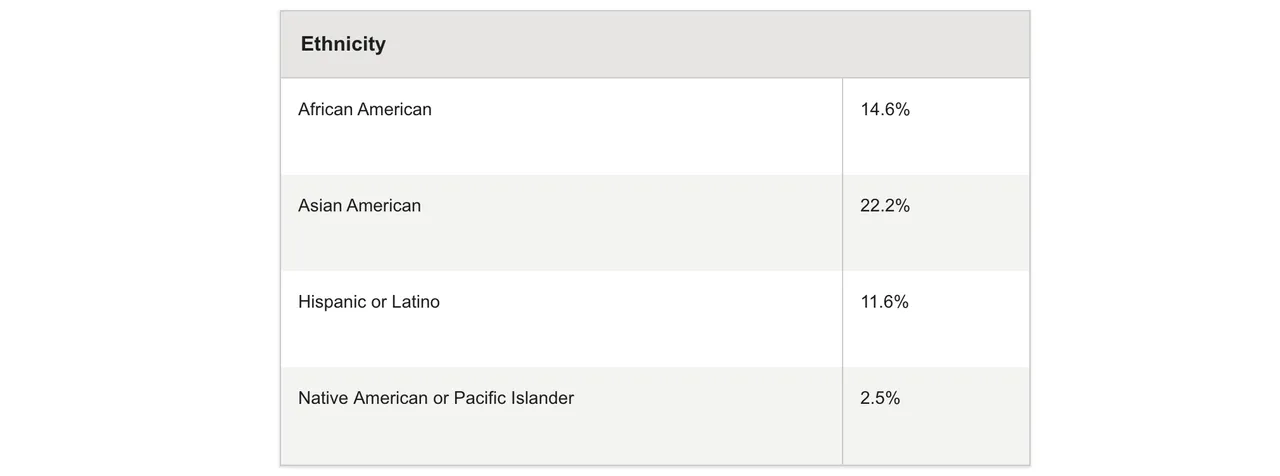
The Difference Between Left and Wrong
As a self-defined (classical) liberal who heavily values rational thought (I know, sometimes that contradictory to liberalism), I spend a great time scrutinizing the underlying values of progressives today. I too want the world to change, often tremendously and always for the better. And yet, when progressivism calls for the discriminate and absolute change of something without rational standing, I feel as if I have no choice but to knock it back. I don’t often talk about specific issues and instead, analyze the reasoning of approaching a certain issue a particular way. I believe these determine whether a progressive strategy stands on resolute foundations or buttressed by purely emotional impulses.

One of those foundational ideas is the concept of “proportionality” when it comes to issues of diversity and representation, both of which I value highly but certainly not in the enforced way many who abide by the weak premise of proportions do. I’ve written about this issue in the past such as this article and will likely do many more because it is an intricate topic that unfolds along many categories and scenarios. As such, it’s best to situate it in a given context and deal with it through each iteration rather than casting an indiscriminate blanket.
Let’s take this recent example that often comes up and gives us a very measurable condition of proportionality and issues inherent in this basis of rationale. This article led me to revisiting the core flaws of the approach -

Besides the bizarre attempt to accuse the institution of character-based racism and the meek attempt to boost the thin self-esteem of Asian Americans (Asian Americans are by and large less likely to pursue independent growth or leaderships positions, but that’s another post’s worth of writing), the article puts front and center the inherent contradiction of proportionality. A free society cannot be proportional across the board (through diverse professions, fields of study, lifestyles, etc.) and an attempt to make it so actually harms certain groups that tend to excel in certain industries or areas. Let’s look closely at the Harvard Student body.

- All stats taken from Harvard’s report.
You can see here very plainly that Asians are way overrepresented compared to their 5.6% population ration and black Americans are about equivalent with population size (14%). Contrary to what mainstream rhetoric would have you believe, ‘white’ Americans are far underrepresented and barely make up half of the student population. If any minority group’s share were to dip into “underrepresentation,” I would bet a limb that there would be incessant outcry. But on the other side of the coin, there is much complaint from individuals like the author above that the metrics of admission are stacked up against Asians, claiming that if entry was purely looked at quantitatively, Asian presence would skyrocket to about 42% on campus.
First off, this all clearly outlines the problem with proportionality. In academics, Asians have a much more solid track record of test scores, etc. so they are actually harmed by this concept. Rather than looking at individual performance, proportionality is only concerned with the overall movement of ethnicity.
Second, this brings up an almost impossible question of what ‘diversity’ should mean on campus. I’m an Asian American myself, and if my campus (either in undergrad or grad school) were to be overrun by 42% Asians, I likely would not have really enjoyed the experience. This sounds strange to write down but I stand by that assumption, which is not so different from when outcries of “underrepresentation” are basically claiming that their are too many whites. The issue of diversity drags in skin color into the debate of academic experience and excellence, when really, it has little to do with either. Hence the true dilemma. Harvard is damned if they do, damned if they don’t, and the damning is coming from the same group.
The prestigious university is actually being sued by a small group of Asian Americans who were rejected during their application process. It’ll be interesting to watch the outcome of this, as it really puts the issue representation on center stage.
Let me know your thoughts. Steem on!
